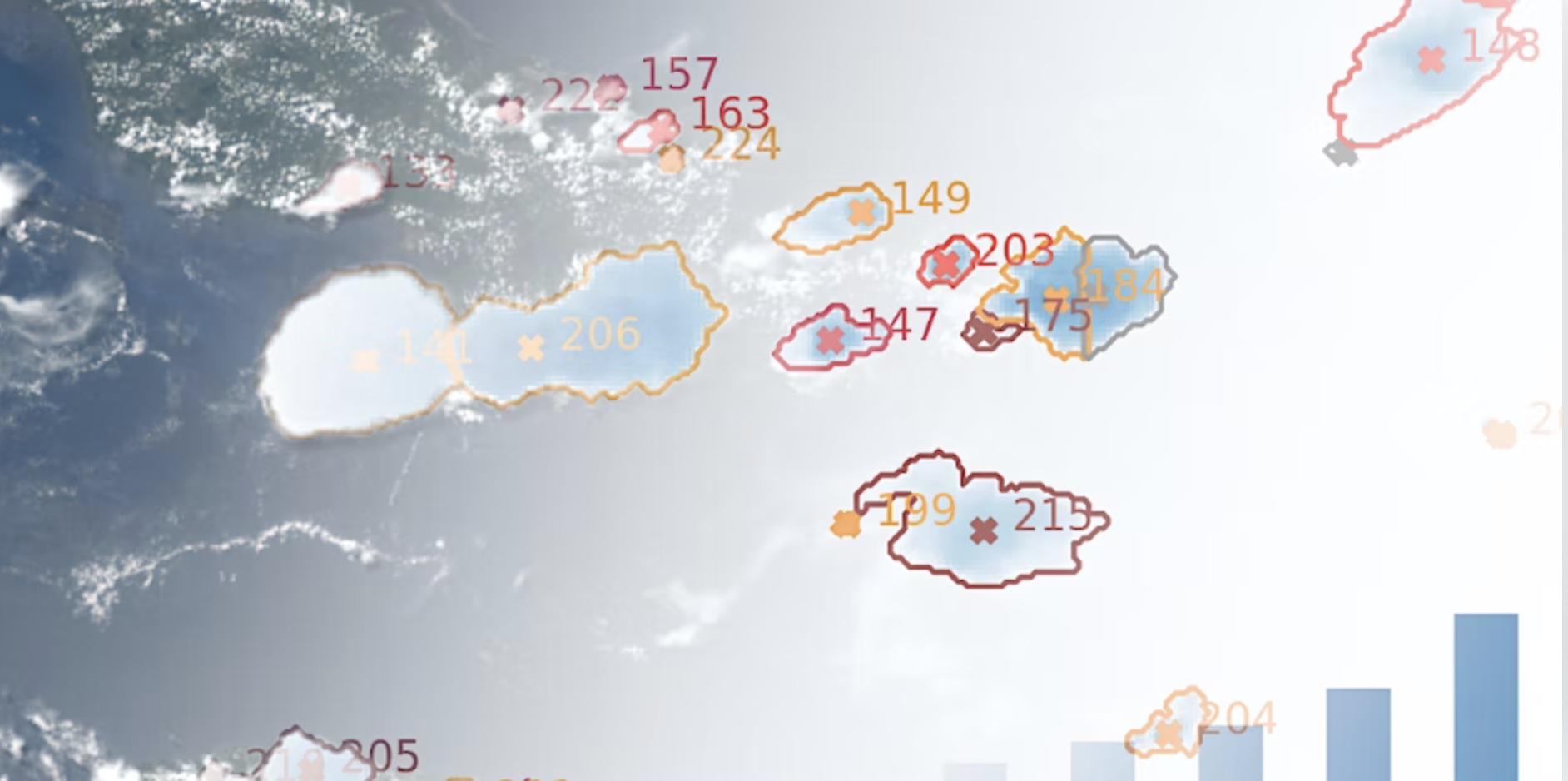
About this event
AIMS
Lagrangian analyses of clouds and other atmospheric phenomena provide significant potential to understand and constrain their full lifecycle. There exist a wide range of tools to detect and track clouds in observations and models. However, most existing tools are restricted to specific data sources or use cases, limiting their broad applicability. The aim of this workshop is to discuss scientific applications and opportunities emerging from cloud tracking while at the same time providing an overview of key tools and datasets. Such key tools and datasets are expected to play an important role in the analysis of the observations from upcoming space missions focused on clouds and convection including EarthCare, INCUS and AOS, as well as with the model datasets arising from revolutionary development of k-scale models.
Structure
The first two days of the workshop will be organized as a discussion heavy general scientific workshop on cloud tracking, with sessions focusing on scientific applications, tools and datasets. The third day of the workshop will be devoted to science and strategy related to the tracking and object-based analysis of clouds (tobac) tool, an open-source modular framework for cloud tracking across a wide range of observational (satellite, radar) and model data sources. The workshop will be followed by a two-day tobac developers meeting.
OUTCOMES
It is anticipated to summarise the workshop findings in a review / perspective paper on the scientific opportunities and methodologies for cloud tracking.
LOGISTICS
Date: 17-21st April 2023
Location:
To register please go to https://cloud-tracking-2023.eventbrite.com/
The workshop will be hybrid, and online attendance is possible. Please make sure to select the correct ticket type upon checkout. If you choose to attend online, a Zoom link will be emailed to you nearer to the event.
Accommodation:
We ask that delegates arrange their own accommodation for the duration of the workshop, and early booking is advisable.
ABSTRACTS
If you would like to submit an abstract to the workshop, please complete the form at https://forms.office.com/e/DPsQj9sNiq by 28th February
PROGRAM
Outline program only, we will fine tune once we have your input;

Monday and Tuesday:
Cloud tracking: scientific applications, tools and datasets
Wednesday:
tobac science and strategy
Thursday and Friday:
tobac developers meeting
QUESTIONS?
If you have any questions regarding the workshop or its organisation, please do not hesitate to contact martha.buckley@physics.ox.ac.uk
ACKNOWLEDGEMENTS
This workshop is organised jointly with the GEWEX Aerosol Precipitation (GAP) initiative, a Global Atmospheric System Studies (GASS) Panel project, and has received funding from the European Research Council (ERC) under the European Union’s Horizon 2020 research and innovation programme (Grant agreement No. 724602).
Background image courtesy of the International GEWEX Project Office